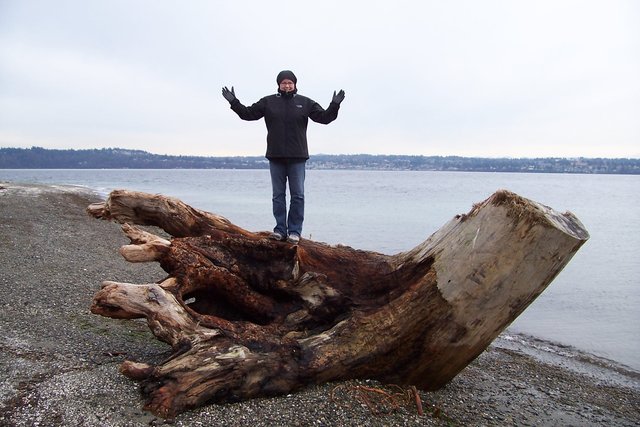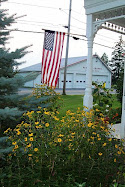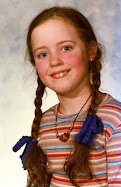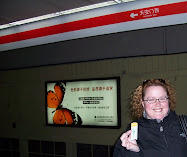In February 1993, I finally received my first real link to my birth story. My non-identifying information came in a plain envelope from Catholic Charities with a red stamp marking it CONFIDENTIAL. It was two pages in length and written on a typewriter. It was the most I had ever known about my biological family. It was subjectively written while giving the appearance of an objective observer. It was vague and noncommital but contained facts that answered questions and raised more at the same time. It was, in two words, life changing.
The birth mother it described was "23, vivacious, long blonde hair, talkative". She had worked in a bank, and as a phone operator, wasn't good at math but loved figure skating. It stated that her reason for surrender was that I would "have a much better life if given up." Her mother was Italian, her father was Irish and Dutch and English, he was a machinist and a war veteran. She had two sisters, both of who were married, while she was not. They were all Catholic.
The alleged birth father (because the birth father is always only "alleged" so that he doesn't have to sign away paternity rights) was "35, Spanish, dark hair, dark eyes, charming". He had a brother that had died of leukemia at age 18 and he was a "golf pro". His parents were "Spanish" and his father was a machinist also. He was married, although not to my birth mother, and they were all Catholic.
My first thoughts on reading this were "Irish makes sense, but the rest I don't see" and "hmm, I've never been good at math either." I felt calm, I felt relieved, I felt satisfied.
This feeling lasted about a week.
How To Stay Safe at Protests
9 months ago





